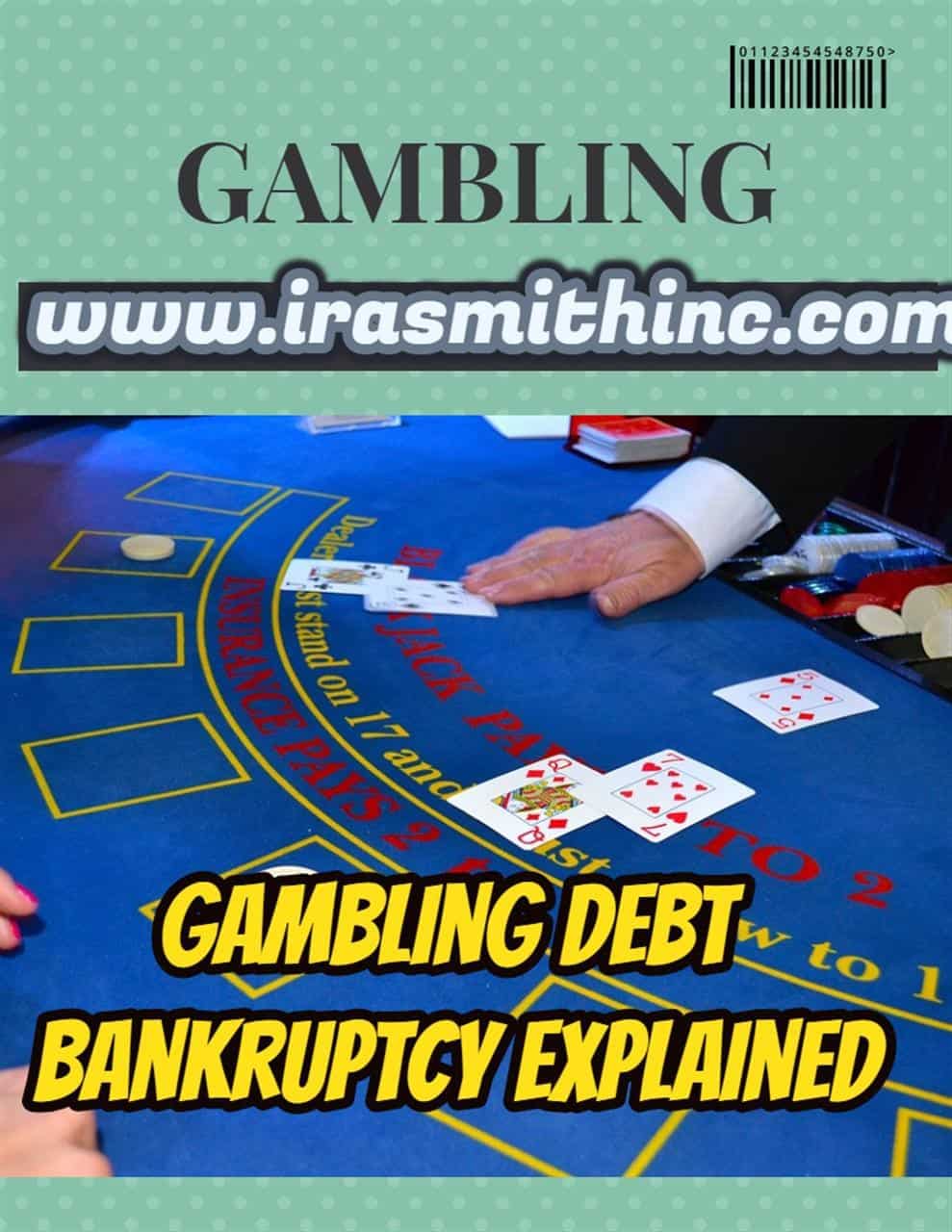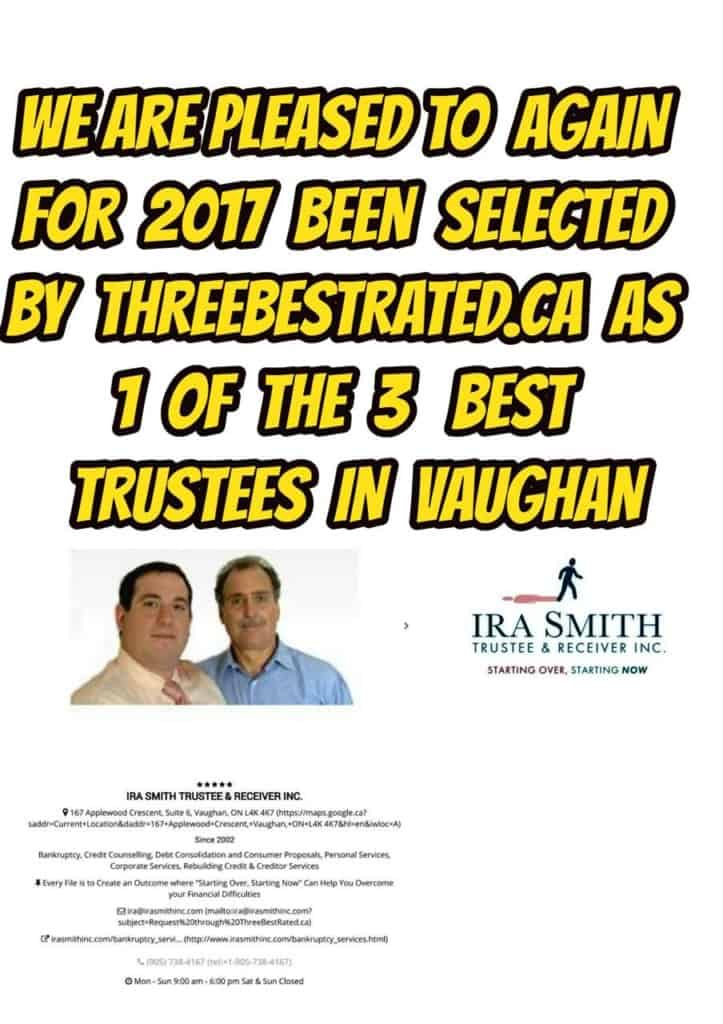[monkeytools msnip=”http://monkeyplayr.com/playr.php?u=5173&p=20148″]
Thank you for reading our Brandon's Blog. Check out our AI insolvency bot on this page and don't forget to subscribe!
- Gambling debt bankruptcy: Introduction
- Gambling debt bankruptcy: What is gambling debt in bankruptcy?
- Gambling debt bankruptcy: Gambling debt and bankruptcy
- Gambling debt bankruptcy: There are many issues in addition to just getting gambling addiction debt help
- Gambling debt bankruptcy: Including your discharge from bankruptcy and your gambling addiction
- Gambling debt bankruptcy: Going bankrupt doesn’t seem to be an easy fix
- Gambling debt bankruptcy: What must you do if you have gambling debts and are considering personal bankruptcy?
Gambling debt bankruptcy: Introduction
Since there are various provincial run casinos, horse racing and lotteries, we are often asked if you can have a gambling debt bankruptcy. More importantly, what clients really want to know is, can gambling debt be discharged in bankruptcy?
Gambling debt bankruptcy: What is gambling debt in bankruptcy?
We first must go back to basics. There are two types of gambling debts:
- Debts for loans taken out, either direct loans or through credit cards; and
- Loans directly from a casino with “markers”.
In the first case, the loans or credit card debts could be direct – using the cash advance to gamble with, or indirect – used to make purchases for the necessities of life because the person gambles away their employment or other income. The use of markers at a casino is obviously a direct gambling debt.
In the context of this discussion, it does not matter if the gambling debts are direct or indirect. As discussed in this blog, the gambling debts are legally enforceable. As such, gambling debts in bankruptcy (or a proposal) are claims provable under the BIA.
Gambling debt bankruptcy: Gambling debt and bankruptcy
You can declare bankruptcy on a gambling debt. So is it really as simple as declaring bankruptcy? The answer is no. There are various issues that you must first consider with the licensed insolvency trustee during your first free consultation. The major issues are:
- Your assets
- What is your annual income
- Have you ever been bankrupt before
- The nature and amount of your other debts because you lost cash in gambling
- Have you not been paying your taxes because of gambling losses and Canada Revenue Agency is also a major creditor
- Getting gambling addiction advice
- Getting a discharge from bankruptcy
- Is there another option available to you in order for you to avoid bankruptcy
Gambling debt bankruptcy: There are many issues in addition to just getting gambling addiction debt help
If you are insolvent and you choose the bankruptcy route, you will face the following issues:
- If you have non-exempt assets or equity in non-exempt assets, your interest in those assets will be taken over by your trustee. For example, your interest in the matrimonial home would come to the trustee and now your spouse, or other friend or relative, would have to purchase your interest back to the cash could go to your creditors. Go explain that to your spouse!
- Earning more than essentially a poverty line amount will cause you to have to pay surplus income to the trustee for the benefit of your creditors. If you are a first time bankrupt, with surplus income, you will have to pay the surplus income for 21 months. You can’t seek a discharge from bankruptcy until then.
- If you have been bankrupt before, the 21 months becomes 36 months.
- Once you show that your debts are due to gambling losses, you can expect your lenders and credit card companies to oppose your discharge from bankruptcy.
Gambling debt bankruptcy: Including your discharge from bankruptcy and your gambling addiction
- If you owe a large amount of unpaid income tax to Canada Revenue Agency, you can expect them to vigorously oppose your discharge from bankruptcy.
- Your trustee must oppose your discharge from bankruptcy when your bankruptcy is a result of gambling debt. The reason is under the Bankruptcy and Insolvency Act, R.S.C. 1985, c. B-3(“BIA”), there are various facts, if proven, it is impossible to get an absolute discharge from bankruptcy.
- Section 172 of the Bankruptcy and Insolvency Act, R.S.C. 1985, c. B-3(“BIA”) allows the Court to make an order of discharge which is either absolute, conditional or suspended. Where a fact under s. 173 of the BIA is proven, an absolute discharge is precluded.
- Gambling which brings on or contributes to bankruptcy is a recognized s. 173 fact. (BIA, s. 173(e)). That is why your trustee would have to oppose your discharge from bankruptcy.
- In reaching any decision on your discharge, the Court and the trustee need to maintain the integrity of the Canadian insolvency system. You can assume that your discharge will at least be conditional upon you paying a certain sum of money to your trustee for the benefit of your creditors. A bankruptcy discharge suspension for a certain time after you fulfill the payment condition is also possible. If your behaviour was especially egregious, your discharge from bankruptcy may be outright refused.
- The bankruptcy discharge hearing is a full Court hearing. You will be well advised to retain experienced insolvency legal counsel to come with you to Court. This is an expense you may not even be able to afford.
- If you want to have a chance in obtaining a discharge from bankruptcy, you will also have to show that you are taking concrete steps to deal with your gambling addiction by getting gambling addiction advice. That will include proving in Court that you enrolled, attended and completed at least one recognized rehabilitation program for gambling addicts.
Gambling debt bankruptcy: Going bankrupt doesn’t seem to be an easy fix
You are right about that. As if the above 11 issues weren’t enough, depending on your specific circumstances, there could be more. Therefore, I always recommend to debtors that if there is hope for the person to be able to successfully restructure through either a consumer proposal or Division I BIA Proposal, that must be seriously looked at and considered preferable to going bankrupt.
Gambling debt bankruptcy: What must you do if you have gambling debts and are considering personal bankruptcy?
Do you have unmanageable debts from gambling, other addictions or for any other reason? Be proactive; it’s time to rehabilitate yourself and deal with your debt while you still have alternatives.
The Ira Smith Team has years of experience assisting Canadians like you, getting you back on track to debt free living. Call Ira Smith Trustee & Receiver Inc. today so that we can help you regain control of your life and be stress-free, Starting Over, Starting Now.


